Photo credits: New York Public Library
Alice Childress (pictured) was born Alice Herndon in Charleston, South Carolina. She was a dramatist, novelist, actress, and screenwriter.
In 1925, her parents divorced, and she relocated to Harlem, New York, to live with her grandmother, Eliza Campbell White, who encouraged her to write and introduced her to the arts. Childress dropped out of high school after just two years and performed low-wage jobs while being immersed in the Harlem theater scene. She married and divorced actor Alvin Childress in the 1930s, and the couple produced a daughter, Jean R. Childress. In 1957, Childress married pianist, Nathan Woodard.
She joined Harlem’s American Negro Theatre (ANT) in 1941 and worked there for 11 years as an actor, stage director, personnel director, and costume designer. She lobbied for union off-Broadway contracts that guaranteed players upfront salary while at ANT. Childress was a well-known actor who performed in a number of New York plays, including Natural Man (1941), Rain (1948), and The Emperor’s Clothes (1949), (1953). Anna Lucasta (1944) nabbed a Tony Award nomination for Childress after transferring to Broadway.
Florence, her debut play, was written in 1949. Many themes that would eventually distinguish Childress’s works are present in this early play, including black female empowerment, interracial politics, working-class living, and assaults on black stereotypes. Childress became the first professionally performed black female writer with the Off-Broadway union performances of Just a Little Simple (1950) and Gold Through the Trees (1952). Trouble in Mind earned an Obie Prize for Best Original Play at the conclusion of the 1955-1956 Off-Broadway season — making Childress the first black woman to receive the award.
Childress won the Obie award on November 29, 1955.
She wrote almost a dozen plays towards the end of her career. A Hero Ain’t Nothin’ but a Sandwich (1973), one of her most well-known novels, helped begin her career as a young adult author. Racism, drug addiction, adolescent pregnancy, and homosexuality are among the challenging societal topics addressed in the book. In 1978, she transformed her work into a screenplay. Childress also authored an adult book and a collection of short tales in addition to two additional young adult novels.
Her essays on black culture and interracial interactions sparked debate on occasion. A 1969 production of Wine in the Wilderness and a 1973 production of Wedding Band: A Love/Hate Story in Black and White at the Public Theatre were both turned down by several networks. After its debut, A Hero Ain’t Nothin’ but a Sandwich was prohibited in several school systems and libraries.
Childress received numerous awards and grants before her death in 1994, including a Rockefeller grant, a graduate medal from the Radcliffe Institute for Independent Study, the Radcliffe Alumnae Graduate Society Medal for Distinguished Achievement, and the Association for Theatre in Higher Education’s Lifetime Career Achievement Award (ATHE).
Reference: Granshaw, M. (2009, November 14). Alice Childress (1916-1994). BlackPast.org. https://www.blackpast.org/african-american-history/childress-alice-1916-1994/

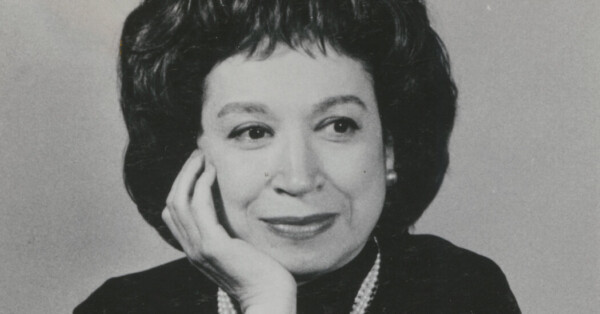



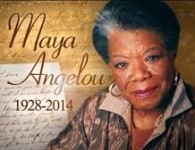
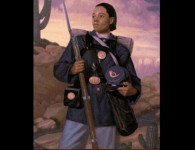

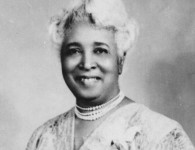




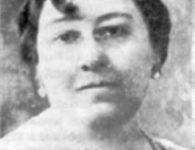




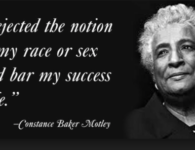
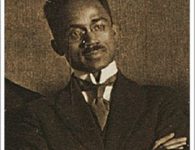

No comments